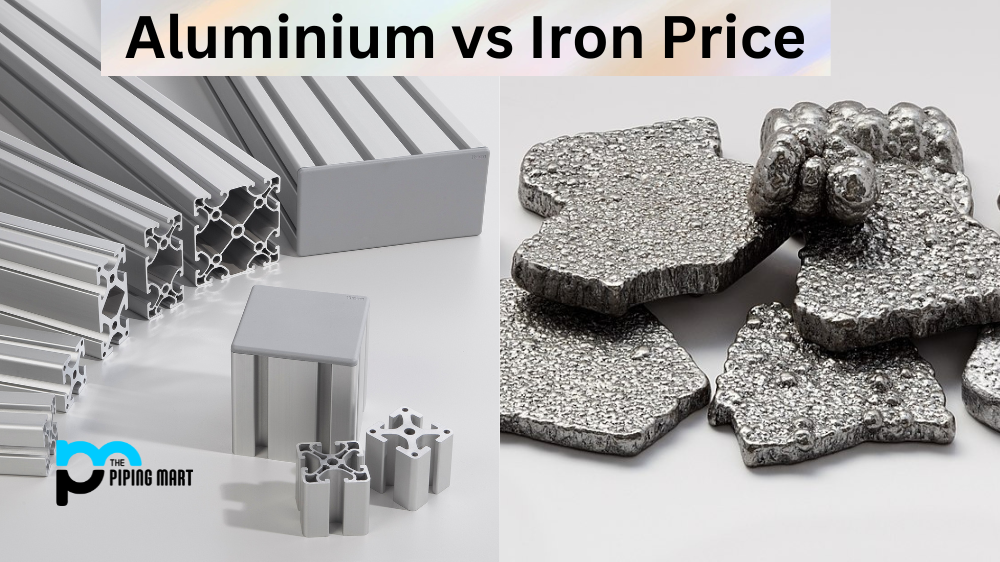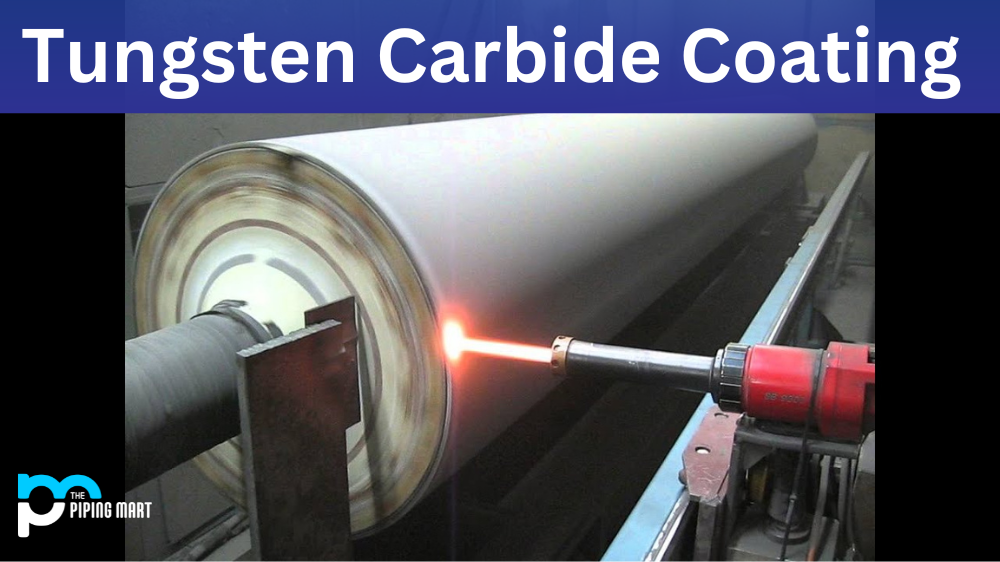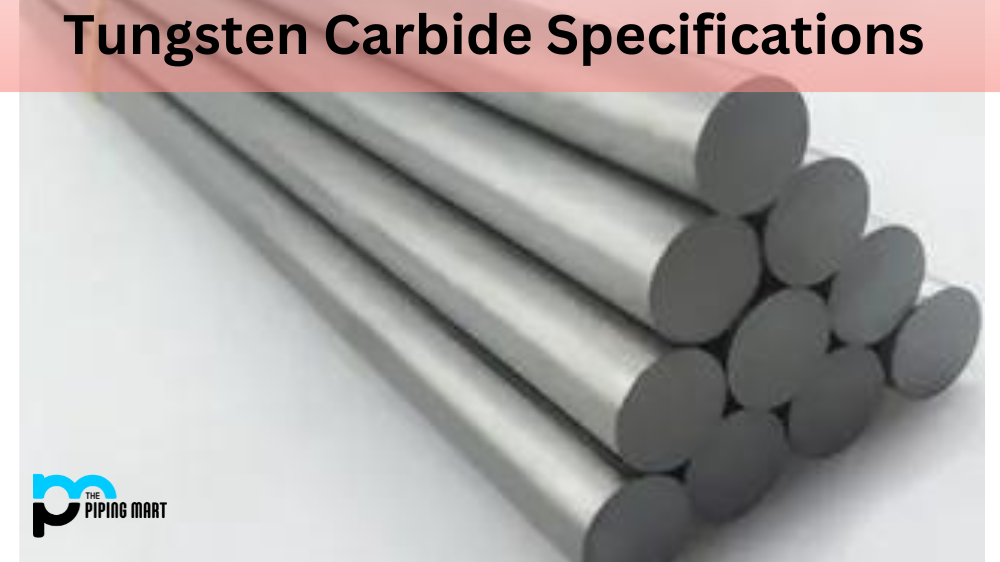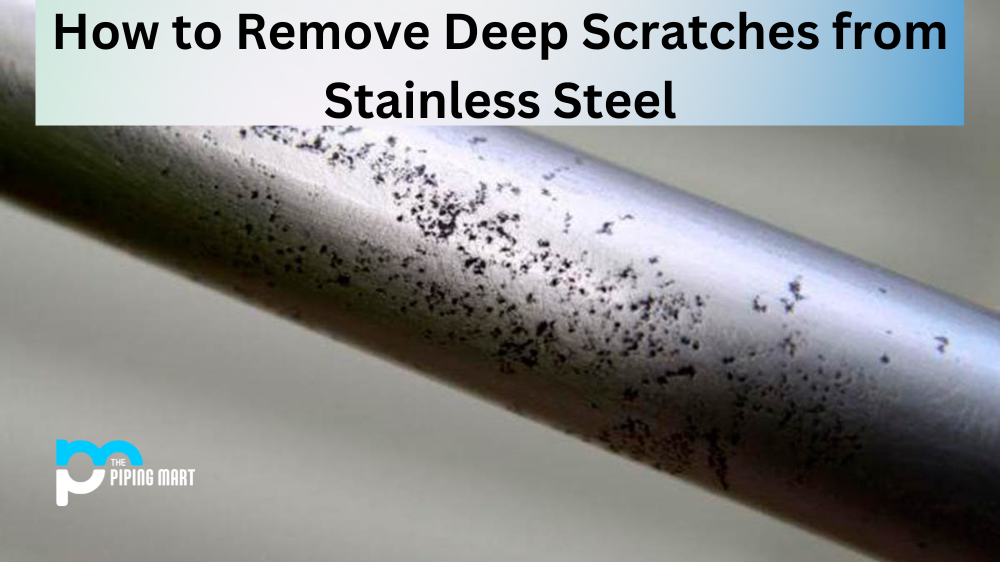When it comes to combining strength with affordability, two of the primary contenders are aluminium and iron. Both materials have been used for centuries and have a range of benefits – but which one is the better choice for cost? Let’s take a closer look at the differences between aluminum and iron in terms of price.
Difference Between Aluminium and Iron Price
The cost of both aluminium and iron will vary depending on the size, grade, shape, and other factors. Generally speaking. However, aluminium tends to be more affordable than iron. This is due in part to the fact that aluminium is more lightweight than iron; this means that more material can fit into a given space, reducing transportation costs as well as storage costs. Additionally, because aluminium oxidizes quickly in air and water, it requires less maintenance over its lifetime, which further helps lower its overall cost.
When it comes to projects that require a high degree of strength-to-weight ratio or corrosion resistance (e.g., automobiles), then aluminium may be the best choice due to its higher strength-to-weight ratio when compared with iron. Additionally, if you’re looking for a material that doesn’t require much welding or fabrication work – such as in the case of some industrial applications – then again, aluminum may be your best bet due to its malleability and ease of use.
Finally, while there are many factors that go into determining whether or not you should use one material over another – price is often an important consideration when making purchasing decisions. In this regard, aluminium has several advantages over iron; its lower weight-per-volume ratio and its superior corrosion resistance make it ideal for many applications where cost savings are paramount.
Conclusion:
Overall, when comparing the price between aluminium and iron for your project needs, aluminium offers several advantages over iron, including a lower weight-per-volume ratio as well as superior corrosion resistance, both of which can result in significant cost savings over time. Additionally, aluminium is also easier to work with than many other metals, so you may find that you end up finishing your project faster and cheaper with aluminum instead of iron. Ultimately, it’s important to consider all factors before deciding which metal is right for your project needs, so be sure to research before making any final purchasing decisions!

Abhishek is a seasoned blogger and industry expert, sharing his insights and knowledge on various topics. With his research, Abhishek offers valuable insights and tips for professionals and enthusiasts. Follow him for expert advice on the latest trends and developments in the metal industry.




